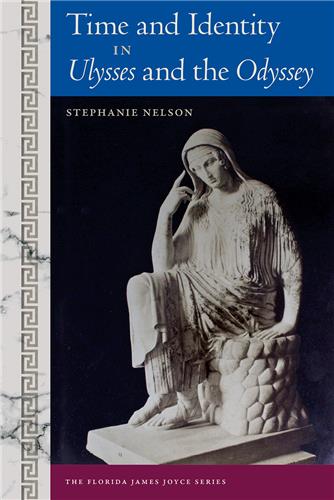Affective Materialities
Reorienting the Body in Modernist Literature
Edited by Kara Watts, Molly Volanth Hall, and Robin Hackett
Hardcover: $85.00
“These essays seek to uncover how modernist writers not just represented the body, but theorized it. This collection does valuable service in instigating a conversation about embodiment and how we might read with a sense of what modernism makes available to citizens of the contemporary world.”—Studies in the Novel
“From Molly Volanth Hall and Kara Watts’s introductory essay on ether, through Karen Guendel’s reflections on flesh and granite and William Kupinse’s on ‘cold crystal,’ the essays weave together some of the most radically anti-humanist strands of affect theory and new materialism. They also show that these late twentieth-century theoretical standpoints describe modernist aesthetic attitudes very well.”—Modernism/modernity
“A dynamic reexamination of what modernist representations of the self can teach us about the way culture has defined which bodies ‘matter’ and how modern artists resist those boundaries by depicting the body as a creative site of trans-corporeality.”—Kelly Sultzbach, author of Ecocriticism in the Modernist Imagination: Forster, Woolf, and Auden
“Putting the insights of ecology and affect studies into conversation and covering a wide range of subjects from Prufrock to puppies, Affective Materialities provides an impressive toolkit for anyone interested in the myriad ways that the modernist body matters.”—Brian Glavey, author of The Wallflower Avant-Garde: Modernism, Sexuality, and Queer Ekphrasis
Affective Materialities reexamines modernist theorizations of the body and opens up the artistic, political, and ethical possibilities at the intersection of affect theory and ecocriticism, two recent directions in literary studies not typically brought into conversation.
Modernist creativity, the volume proposes, may return to us notions of the feeling, material body that contemporary scholarship has lost touch with, bodies that suggest alternative relations to others and to the world. Contributors argue that modernist writers frequently bridge the dichotomy between body and world by portraying bodies that merge with or are re-created by their surroundings into an amalgam of self and place. Chapters focus on this treatment of the body through works by canonical modernists including William Carlos Williams, Virginia Woolf, and E. M. Forster alongside lesser-studied writers Janet Frame, Herbert Read, and Nella Larsen.
Showing the ways the body in literature can be a lens for understanding the fluidities of race, gender, and sexuality, as well as species and subjectivity, this volume maps the connections among modernist aesthetics, histories of the twentieth-century body, and the concerns of modernism that can also speak to urgent concerns of today.
Kara Watts is instructor of English at the University of Rhode Island. Molly Volanth Hall is a graduate fellow at the University of Rhode Island. Robin Hackett, associate professor of English and women’s studies at the University of New Hampshire, is the author of Sapphic Primitivism: Productions of Race, Class, and Sexuality in Key Works of Modern Fiction.
Contributors: Kara Watts | Anna Christine | Stuart Christie | Karen Guendel | Robin Hackett | Molly Volanth Hall | Cheryl Hindrichs | William Kupinse | Judith Paltin | Kim Sigouin | Kathryn Van Wert | Mary Wood
- Sample Chapter(s):
- Excerpt
- Table of Contents
There are currently no reviews available












